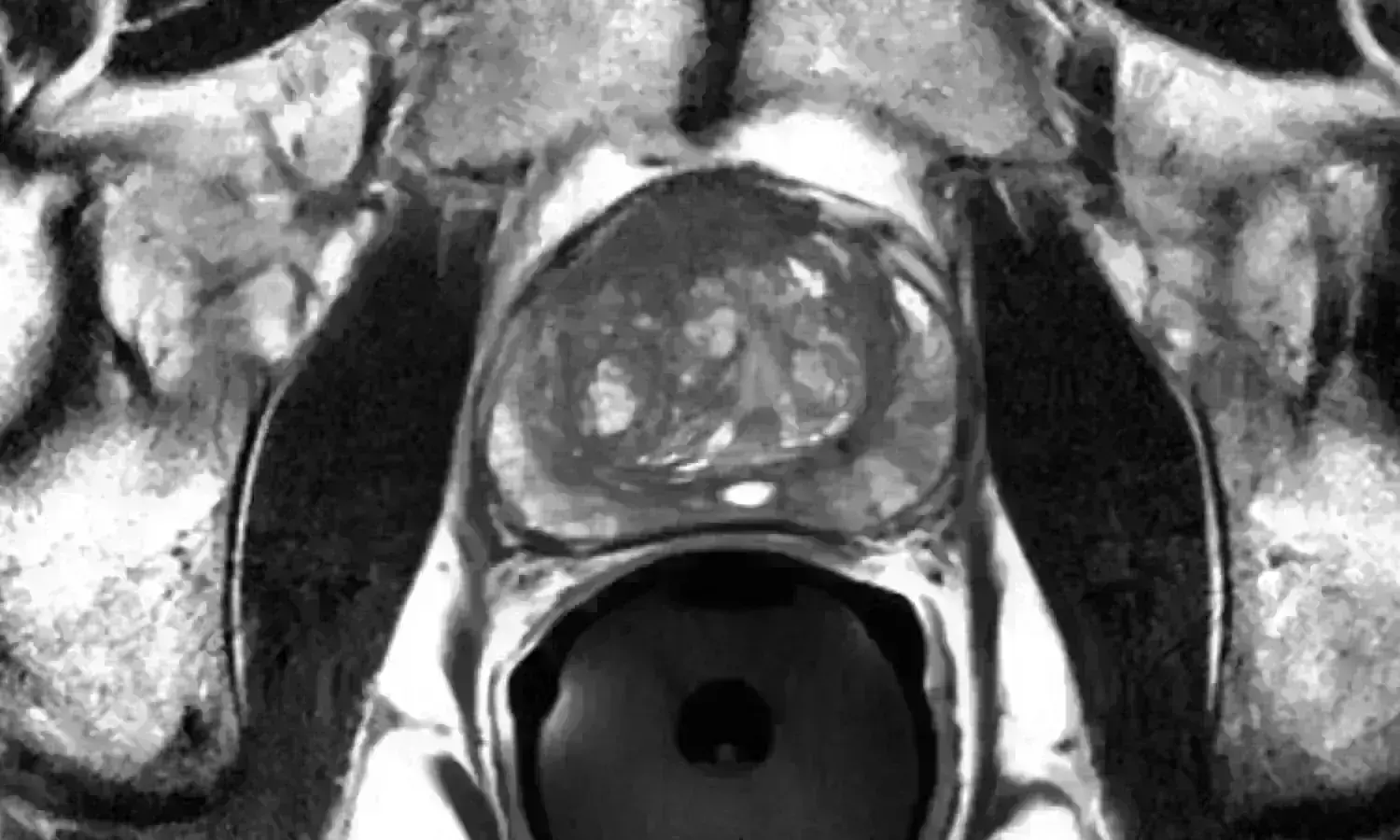- Home
- Medical news & Guidelines
- Anesthesiology
- Cardiology and CTVS
- Critical Care
- Dentistry
- Dermatology
- Diabetes and Endocrinology
- ENT
- Gastroenterology
- Medicine
- Nephrology
- Neurology
- Obstretics-Gynaecology
- Oncology
- Ophthalmology
- Orthopaedics
- Pediatrics-Neonatology
- Psychiatry
- Pulmonology
- Radiology
- Surgery
- Urology
- Laboratory Medicine
- Diet
- Nursing
- Paramedical
- Physiotherapy
- Health news
- Fact Check
- Bone Health Fact Check
- Brain Health Fact Check
- Cancer Related Fact Check
- Child Care Fact Check
- Dental and oral health fact check
- Diabetes and metabolic health fact check
- Diet and Nutrition Fact Check
- Eye and ENT Care Fact Check
- Fitness fact check
- Gut health fact check
- Heart health fact check
- Kidney health fact check
- Medical education fact check
- Men's health fact check
- Respiratory fact check
- Skin and hair care fact check
- Vaccine and Immunization fact check
- Women's health fact check
- AYUSH
- State News
- Andaman and Nicobar Islands
- Andhra Pradesh
- Arunachal Pradesh
- Assam
- Bihar
- Chandigarh
- Chattisgarh
- Dadra and Nagar Haveli
- Daman and Diu
- Delhi
- Goa
- Gujarat
- Haryana
- Himachal Pradesh
- Jammu & Kashmir
- Jharkhand
- Karnataka
- Kerala
- Ladakh
- Lakshadweep
- Madhya Pradesh
- Maharashtra
- Manipur
- Meghalaya
- Mizoram
- Nagaland
- Odisha
- Puducherry
- Punjab
- Rajasthan
- Sikkim
- Tamil Nadu
- Telangana
- Tripura
- Uttar Pradesh
- Uttrakhand
- West Bengal
- Medical Education
- Industry
MRI-guided radiotherapy appears to lead to fewer side effects from treatment for prostate cancer

An interim analysis of an ongoing Phase III study from UCLA Jonsson Comprehensive Cancer Center indicates that using magnetic resonance imaging (MRI) to guide precisely-focused high-dose radiation treatment for prostate cancer reduced side effects associated with the treatment. The findings are being presented at the 2022 ASCO Genitourinary (GU) Cancers Symposium in San Francisco, California.
Advanced radiation techniques like high-dose stereotactic body radiotherapy (SBRT) offer the opportunity to deliver high radiation doses to tumors while sparing surrounding tissues. Clinicians often use computed tomography (CT) to help make sure the dose is delivered with precision. MRI offers several theoretical advantages over CT to guide SBRT for prostate cancer, including the ability to aggressively reduce planning margins needed for radiation due to enhanced imaging capabilities.
For the current study, men undergoing SBRT for localized prostate cancer were randomly assigned to either CT-guidance or MRI-guidance. Investigators planned to compare the groups to see how often men suffered serious side effects, called toxicities, over the next 90 days after treatment. The investigators believed they would need to enroll 300 patients to be able to detect a benefit to MRI-guidance, but had planned to analyze the data after 100 patients were treated in order to see if this hypothesis were true or if fewer patients might need to be enrolled.
In this analysis of the first 100 patients treated, the investigators found that men undergoing MRI-guidance were less than half as likely to experience Grade 2 genitourinary (GU) toxicity (22% vs 47%), like frequent urination, burning sensation while urinating, bloody urine, or urinary incontinence. And while a significant proportion of men who had CT-guidance suffered gastrointestinal (GI) toxicities, such as diarrhea, discharge, or rectal/abdominal pain to abdominal distention or obstruction, none of them men undergoing MRI-guidance did so (14% vs 0%).
"MRI-guidance offers a statistically significant reduction in acute grade GU as well as GI toxicity for prostate SBRT," said Dr. Amar Kishan, vice chair of clinical and translational research in the Departments of Radiation Oncology and Urology at UCLA Health Jonsson Comprehensive Cancer Center. "Because of the significant effect size we saw, we were able to cut our projected sample size in half. Thus, we finished enrolling on our trial in October 2021. Our final results are expected later this year, but we are extremely optimistic by what we're seeing, and hope this technology will soon begin to offer men undergoing radiotherapy for prostate cancer better outcomes."
Hina Zahid Joined Medical Dialogue in 2017 with a passion to work as a Reporter. She coordinates with various national and international journals and association and covers all the stories related to Medical guidelines, Medical Journals, rare medical surgeries as well as all the updates in the medical field. Email: editorial@medicaldialogues.in. Contact no. 011-43720751
Dr Kamal Kant Kohli-MBBS, DTCD- a chest specialist with more than 30 years of practice and a flair for writing clinical articles, Dr Kamal Kant Kohli joined Medical Dialogues as a Chief Editor of Medical News. Besides writing articles, as an editor, he proofreads and verifies all the medical content published on Medical Dialogues including those coming from journals, studies,medical conferences,guidelines etc. Email: drkohli@medicaldialogues.in. Contact no. 011-43720751


